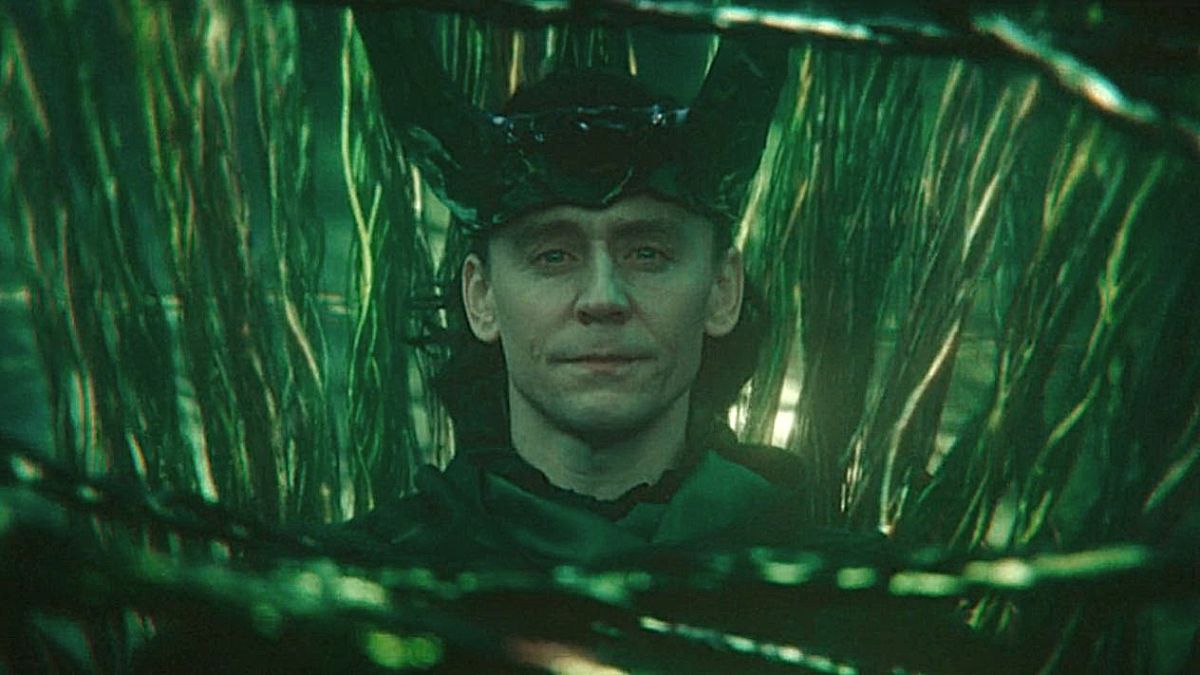Warning: This article contains major spoilers for the Loki season 2 finale.
Not to start this article by quoting Paul Rudd, because he is not the star of this particular Kang-afflicted property, but, “Look at us, who would have thought? Not me!” Loki — yes, the angsty raven-haired God suffering from major “youngest child syndrome” who could never catch a break — is now probably the most important character in the entire Marvel cinematic universe after the breathtaking finale of the second season of his eponymous Disney Plus show.
On the flip side, there’s something about Loki‘s ending that feels rather conclusive for the character, and a third season doesn’t seem to be on the cards for now. So, what does the conclusion of the God of Mischief’s character arc mean for him and for his future?
Loki’s “final evolution,” explained
Loki has been through a lot. He has gone from the wronged brother of the hero to the vengeful villain of a culture-shifting movie, to a fan-favorite sidekick, to the star of his own show, and, finally, the master of all time and space. His character journey is unlike any other in the MCU as, in the end, he decided to sacrifice his life in order to save the multiverse from complete destruction.
Loki now sits on his throne at the end of time, using his powers of time and space manipulation to keep the infinite branches of time stable and alive in a tree-of-life kind of formation known as Yggdrasil. I used “time” a lot in that sentence, I know, but have you watched Loki? That’s all they talked about!
Is Loki the new He Who Remains?
Well, yes and no. He’s now tasked with the same lonely fate as Jonathan Majors’ character, but the name “He Who Remains” refers to the fact that the previous time lord was essentially the last Kang variant standing after the first Multiversal War.
There are plenty of Loki variants roaming around the different timelines now, just like there are Kangs, because the Asgardian god made sure that no timeline would have to be pruned in his version of the multiverse, restoring free will to its every inhabitant.
A more accurate version of Loki’s new title, then, would be the God of Stories, borrowing from the comics, or the God of Time. Maybe, in time, we will hear other characters in the MCU refer to him by one of those names or perhaps a third option.
Whatever you prefer to call him, Loki is now the ruler of all existence. Just like He Who Remains, only much more iconic.

